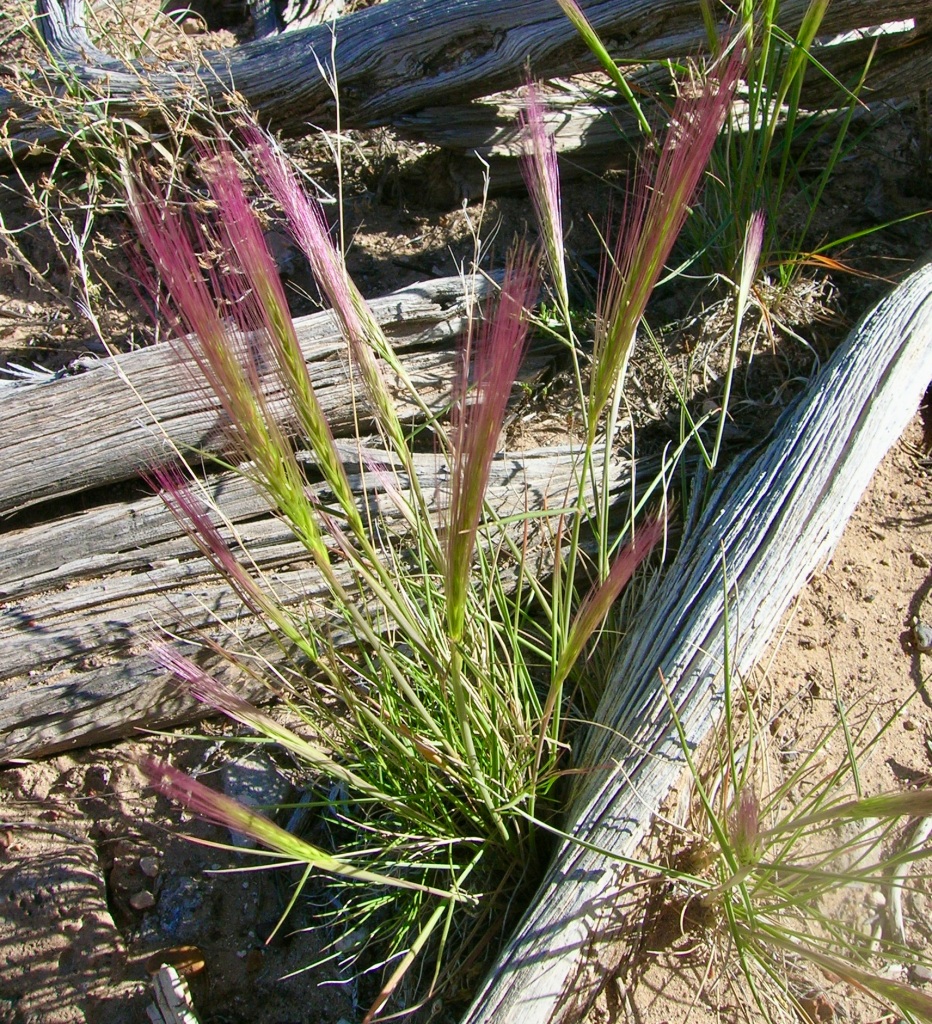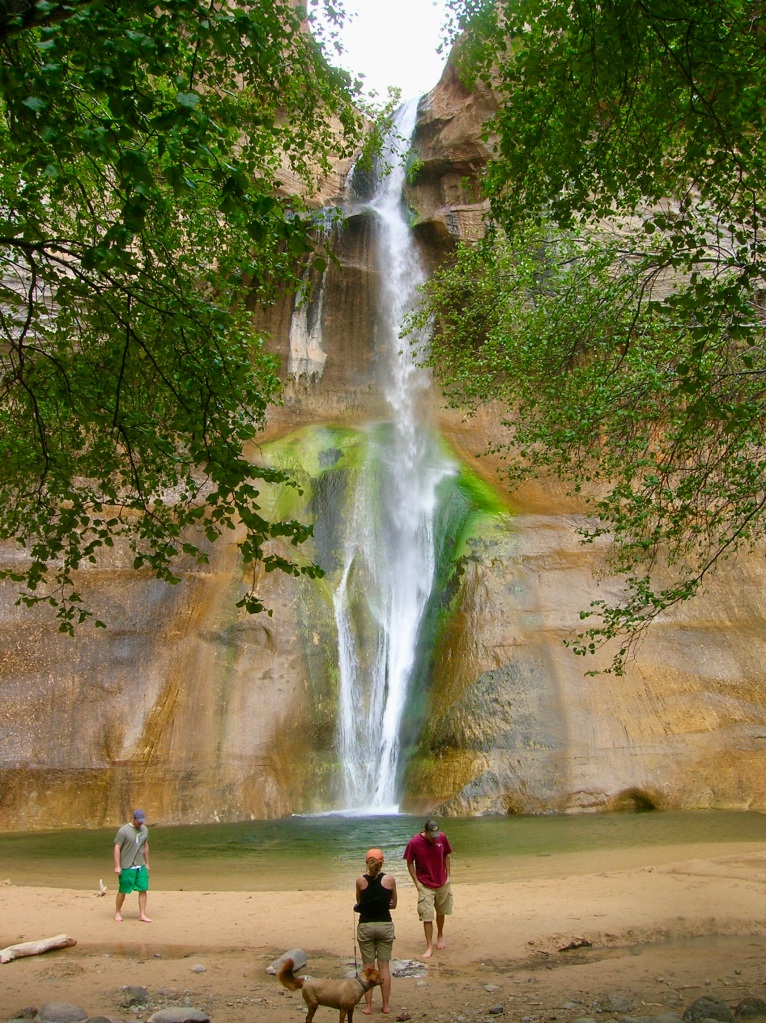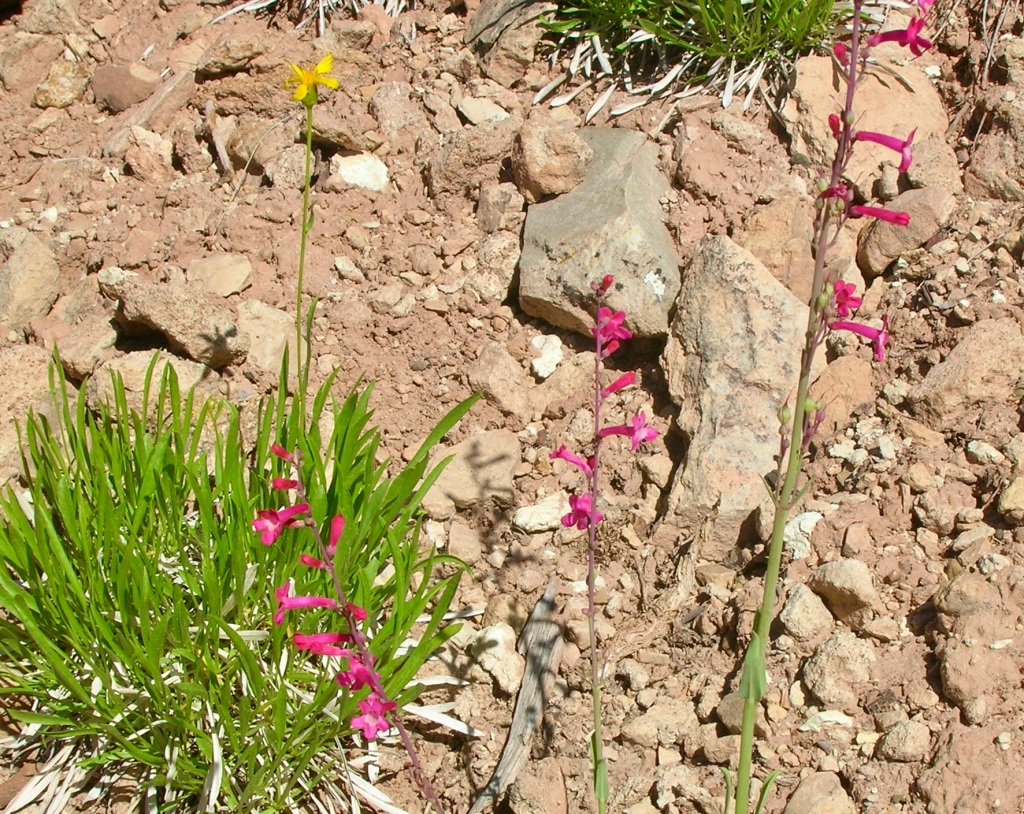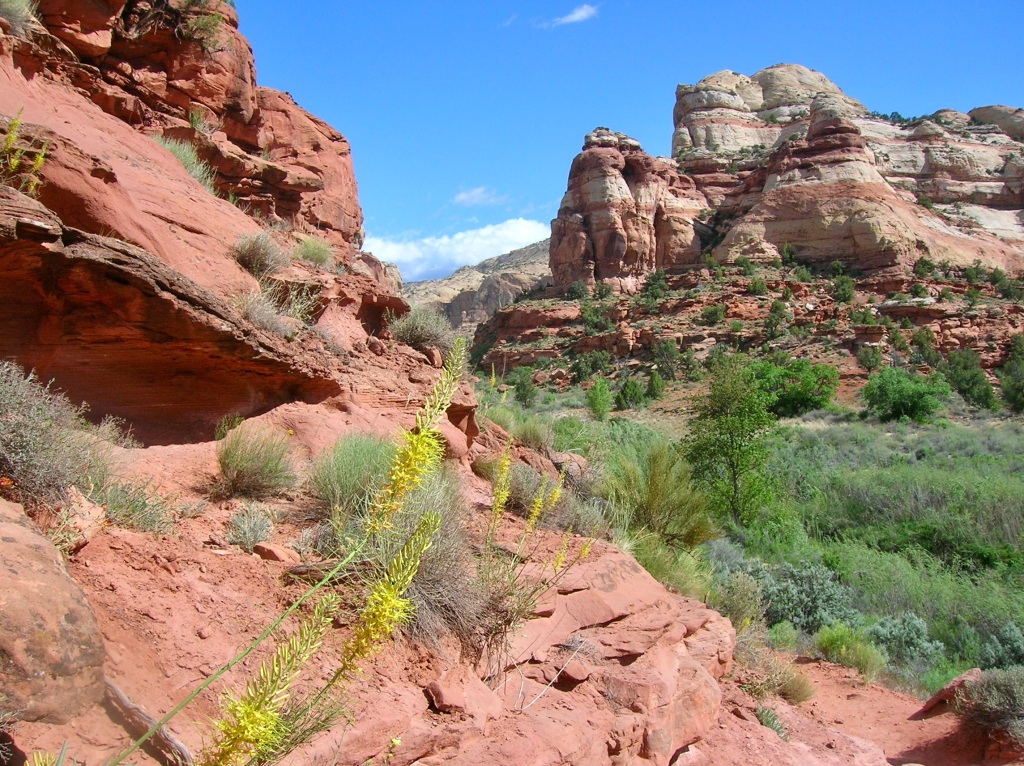
Whether or not we acknowledge it, each of us is a part of Nature. In past posts, I’ve written about the importance of staying cognizant of and nurturing this connection. That is in fact the theme of Micro of the Macro. But it’s always a delight to explore further and better understand this all-encompassing blessing.
In Healing Made Simple, I shared the work of triple board certified physician & international microbiome educator Zach Bush, who states we are only as healthy as our connection to Nature. That connection includes the Nature we take inside our bodies as well as the natural environments in which we immerse ourselves externally.

Nature Interrupted is a write-up in which I pointed to a study showing climate change causing lower birth rates in newborns, which can affect health and development throughout life. In the same post, I mentioned other research showing that when young children play on screens rather than playing outdoors, aggressive behavior, depression, lack of motivation, and obesity can result.

Shortly after the Civil War in late 19th Century America, an illness called neurasthenia was widely recognized, characterized by depression, ennui, anxiety, migraines, and insomnia. The diagnosis was so common that it was often referred to as Americanitis. It was considered the consequence of moving into a mode of living too fast resulting from a rapid population explosion, urbanization, and modernization due to cars, air travel, and telephones. For the men afflicted, including President Theodore Roosevelt & poet Walt Whitman, a Nature cure was prescribed: working with horses on ranches in the West.

Similar to neurasthenia, although not a clinical diagnosis, nature deficit disorder is a concept proposed by Richard Louv, author of Last Child in the Wood. Louv explains that elements of modern life, including fewer natural spaces, a car-focused culture, more screen time, changes in the perception of risk (e.g., stranger danger), less leisure time, and increased time pressures from work or school, combine to decrease or even eliminate contact with nature for both adults and children. Direct exposure to Nature is vital for health on all levels, he says. Scores of research studies support his theory.
In an essay from Wild Earth Journal, David Abram, Distinguished Fellow of Schumacher College in England and founder & creative director of the Alliance for Wild Ethics writes our bodily senses bring us into relation with the breathing earth at every moment. If humankind seems to have forgotten its thorough dependence upon the earthly community of beings, it can only be because we’ve forgotten (or dismissed as irrelevant) the sensory dimension of our lives. The senses are what is most wild in us — capacities that we share, in some manner, not only with other primates but with most other entities in the living landscape.

By objectifying other animals, plants, wild running waters, and mountains, which we are often taught to do from an early age, we learn to see humans as superior, causing an unfortunate disconnect. (To explore this idea a bit further, check out my post Does the Earth Love You?) Resuming Abram’s essay: If we continue to speak of other animals as less mysterious than ourselves, if we speak of the forests as insentient systems, and of rivers and winds as basically passive elements, then we deny our direct, visceral experience of those forces. We become spectators of other life, limiting our sensual experiences and living more in our heads, he writes.
E.O. Wilson, who was an American biologist, naturalist and writer, proposed the biophilia hypothesis in the mid 80’s, suggesting humans have an innate desire to connect with Nature. By deepening this connection, he explains, we can foster loving attitudes and behaviors toward all of life. Shouldn’t we be nurturing this inborn tendency in ourselves and our children, rather than allowing it to be buried by the insane thinking that has led us to the environmental and human crises in which we presently find ourselves?

Being a part of this miracle known as Nature is a blessing – one that should be not only acknowledged but embraced. History and science continue to validate the importance of our Nature connection. Nurturing this relationship has the potential to improve everything.
Blessings for Primal Connection,
Lisa
The content of this article is for educational and informational purposes only, and is not intended as medical advice. Please consult with a qualified health care professional before acting on any information presented herein. Any statements about the possible health benefits of any subject discussed have not been evaluated by medical professionals or the Food & Drug Administration and are not intended to diagnose, treat, cure or prevent any disease or illness.

Nature soothes and heals! Well informed post, Lisa!
LikeLiked by 1 person
Thanks so much, Indira! 🌞
LikeLiked by 1 person
The more we study wolves, elephants, monkeys, apes, dogs and cats, the more we come to realize the complex characters they are.
Happy holidays,
BettyJean
LikeLiked by 1 person
Hi, BJ, yes, just like their plant & human brothers & sisters! Looking forward to seeing you soon! 🌞
LikeLike
By interacting with nature we become better at interacting with human beings! 🌹🙋♂️
LikeLiked by 1 person
Hi, Ashley, I couldn’t agree more! I appreciate your chiming in, & I hope you & Carol are having a joyful weekend! 🌞
LikeLiked by 1 person
Wonderful piece!
LikeLiked by 1 person
Deacon G, so good to see you again! I appreciate your stopping by & sharing your kind heart! 🌞
LikeLike
💓
LikeLiked by 1 person
Nature is always splendid. Great article and photographs.
LikeLiked by 1 person
Hi, Suni, I appreciate your saying so! Always great to see you! 🌞
LikeLiked by 2 people
Love your post, Lisa ❤ As an urban dweller, I am blessed to have a garden to restore my connection, however limited, with Mother Nature.
LikeLiked by 1 person
Hi, Rosaliene, I’m so pleased you enjoyed this post. I’d be willing to bet your garden blesses you more than you realize. Happy weekend! 🌞
LikeLiked by 1 person
Happy weekend to you, too, Lisa 😀
LikeLiked by 1 person
This probably explains why I feel better after mowing the lawn; ever an egregiously repetitive chore. My conformance with the suburban ethic of a green carpet, evenly shorn, and weed-free, also gets me out in the yard where I can observe the trees, flowers, shrubs, and critters that live there.
LikeLiked by 1 person
Hi, Robert, I get it! When I was a kid (and spent loads of time outdoors), I hated having to work in the yard, but now I really don’t mind it. Thanks for adding your voice here! 🌞
LikeLike
Great essay. Personally, I’m frustrated by the lack of open spaces and of waterways in my area. There are no forests, ponds, lakes, etc. near my home in greater Philadelphia. My wife and I go to Cape Cod most years. We can submerge ourselves in Nature there.
LikeLiked by 1 person
Hi, Neil, it’s a good thing that you two have that annual Cape Cod escape. Also, your frequent ramblings outside of the city contribute to your Nature intake. Enjoy the weekend! 🌞
LikeLiked by 1 person
thank you for such a wonderful write on nature at it’s best and the gifts it gives. You always capture the magic in your words and photography beaconing to care for our beloved mother nature. Thank you Lisa!! 💞
LikeLiked by 1 person
Hi, Cindy, thank you for your lovely, heartfelt comment. I appreciate your being here! 🌞
LikeLiked by 1 person
It’s always a pleasure and a feast for the eyes and heart,. Love your work always Lisa!💞
LikeLiked by 1 person
💛🌞💛
LikeLiked by 1 person
Of course I completely agree to the need for nature. ❤️😁
LikeLiked by 1 person
Hi, Janet, your beautiful photography would suffer without it, right?! 🌞
LikeLike
As would my mental health. 😉
LikeLiked by 1 person
Yes to connect with nature is very important.
LikeLiked by 1 person
Hi, Veena, I’m glad you stopped by today! 🌞
LikeLike
It is so important to spend time in nature. I admittingly don’t do it enough. Besides the mental benefits, there are physical benefits too. Standing on the earth in bare feet (grounding) has been shown to have great health benefits. It is also good for your eyes to spend time looking at far away things that you can only do outside.
LikeLiked by 1 person
Hi, Charles, you are so right! Thanks for popping over & leaving your comment! 🌞
LikeLike
So very interesting,Lisa. Thank you.
LikeLiked by 1 person
Hi, SRB&B, thank you for your kind comment! Good to see you! 🌞
LikeLiked by 1 person
I completely agree Lisa. We need a conscious connection to nature, which is embracing and embodying the fact that we ARE nature. Thank you for the wise and graceful reminders that we are one, and need to live that reality in order to be healthy and thrive. Hugs…🌎
LikeLiked by 1 person
Hi, Brad, I appreciate your supportive comment. Hugs to you as well my friend. 🌞
LikeLiked by 1 person
You’re most welcome Lisa. 😊
LikeLiked by 1 person
So wonderful photography of gorgeous nature 🌹🙏💓🌹
LikeLiked by 1 person
Thanks, Thattamma! Good to see you! 🌞
LikeLiked by 1 person
So welcome dear friend 🌷🙏♥️😊
LikeLiked by 1 person
🙏🌞🙏
LikeLiked by 1 person
Although probably surprising since we have no kids of our own, I often think of the impact current “trends” are having on children.. what are the repercussions of staring at a screen all day, the downside of being bombarded with inputs with no value (think TikTok) and then urban sprawl.. Unfortunately, only time will tell, but per your studies here… not likely going to be good. Thinking back, I can’t remember a day I didn’t want to go “outside”…today I see a lot of empty playgrounds (even prior to Covid). Thanks for continuing to promote these concepts.
LikeLiked by 1 person
Hi, Brian, I appreciate your thoughts. Like you, as a child, I can remember wanting to be outside all the time. I believe it’s an important foundation for a healthy life. Wishing you a week filled with wonder! 🌞
LikeLike
Can’t agree more. We need to go back to the Earth!
LikeLiked by 1 person
Thanks for adding your voice, M&M! 🌞
LikeLike
This is such a wonderful post, and really great advice in it!
LikeLiked by 1 person
Thank you for reading & leaving your lovely comment, Allie! 🌞
LikeLiked by 1 person
I like that you’ve delivered sort of a scientific premise on the benefits of being outdoors in nature. . That’s a better way to convince myself for sure than just hearing what I regard as “new age” fluff” .
LikeLiked by 1 person
I am glad you appreciate my approach, usfman. You’ll find that the majority of my posts contain links to studies. Thanks for dropping by! 🌞
LikeLiked by 1 person
I’m a pro science man Lisa. So are you it seems.
LikeLiked by 1 person
Resisting the urge to put big fat exclamation points after every single one of the things you wrote! Gaia rocks!
LikeLiked by 1 person
Hi Pam, I appreciate your passion! Indeed, Gaia rocks hard!! Enjoy the weekend! 🌞
LikeLiked by 1 person
🙏👏😘💃🏻
LikeLiked by 1 person
Wonderful post Lisa and I fully agree that being immersed in nature is necessary for us all, for our health, our well being and our connection to the Earth. 💗
LikeLiked by 1 person
I appreciate your stopping by to share your opinion, Miriam! 🌞
LikeLiked by 1 person
Nature is vital for our health indeed! Thank you Lisa for a such an important reminder, great post 🌸💕
LikeLiked by 1 person
I appreciate your kind comment, Hen! 🌞
LikeLiked by 1 person
Being in touch with nature is one reason I feel that grounding is a healthy thing for the body. We need to keep in touch with nature.
LikeLiked by 1 person
I appreciate you adding your voice, Bev! 🌞
LikeLike